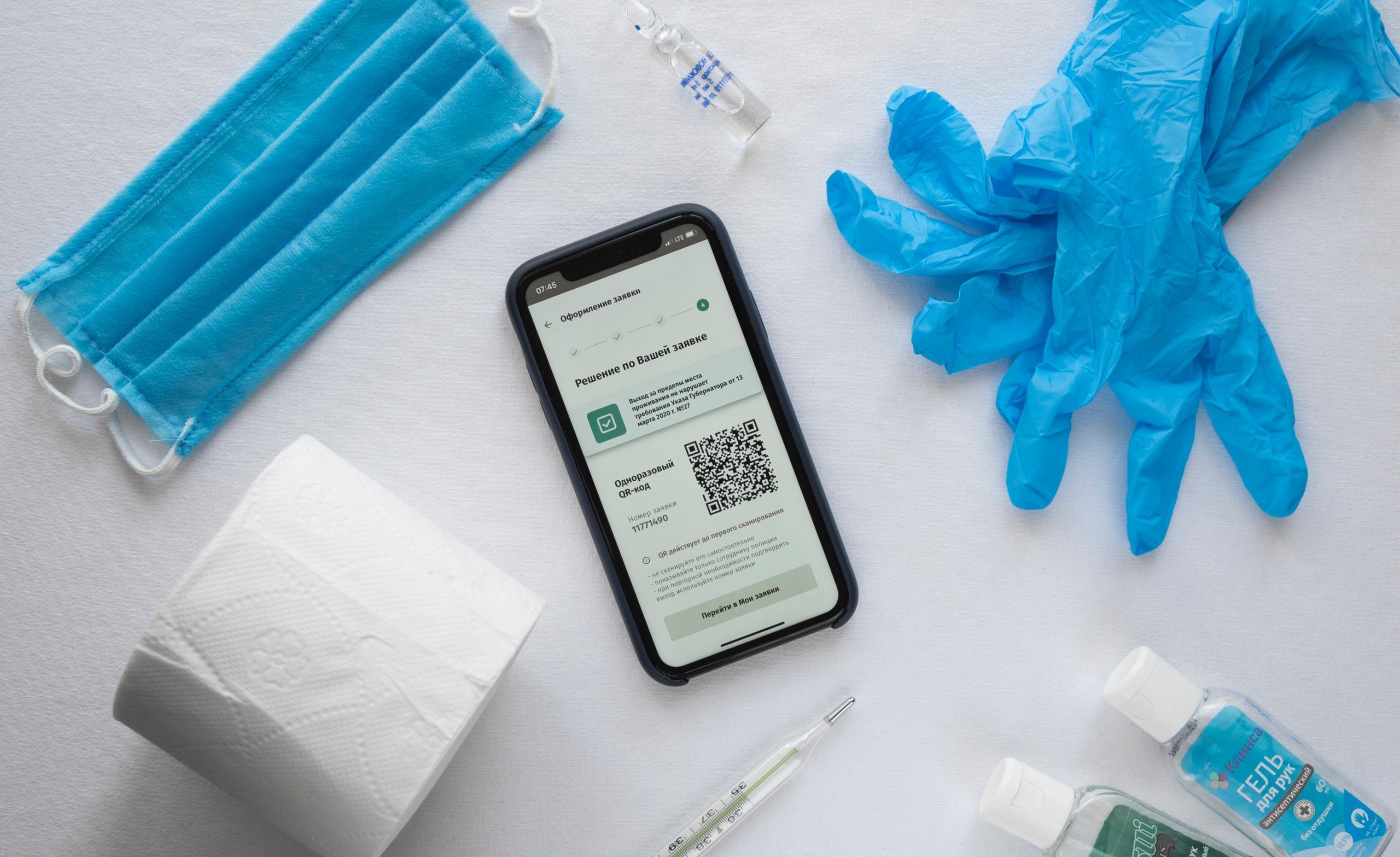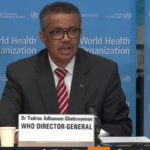The EU Digital COVID Certificate helped to coordinate travel restrictions between EU countries and was effective in facilitating travel during the COVID-19 pandemic. The impact of other EU tools, however, was modest, a report published by the European Court of Auditors concludes. The European Commission moved fast to propose suitable technological solutions, the auditors found. But EU countries’ use of these tools varied significantly, so their impact in terms of facilitating travel was uneven. The auditors call on the EU to prepare itself better, so that it can face potential future emergencies more successfully.
In March 2020, shortly after the first cases of COVID-19 were detected in Europe, EU countries started imposing border controls and travel restrictions. Despite its limited competence in public health policy, the European Commission took various initiatives to limit the impact of these measures on free movement. In particular, it developed a number of tools to facilitate travel and to help trace positive COVID-19 cases. These included a contact-tracing gateway, digital passenger locator forms and a platform for EU Member States to exchange them, and the EU Digital COVID Certificate. The EU provided €71 million for the development of these IT tools.
The auditors found that the European Commission had mobilised funding quickly and taken a pragmatic approach to developing the tools under time constraints. The contact-tracing gateway started functioning just seven months after the pandemic began, while the EU Digital Certificate was completed before the EU countries had finished their vaccination plans. In contrast, passenger locator forms were developed too late, since some national solutions had already been made available earlier. The auditors also note that the European Commission did not manage to overcome certain Member States’ reservations in using the EU tools due to data protection and other legal concerns, and also because they had already developed their own national tools. Generally, though, the Commission addressed data protection concerns and applied good IT security practices.
“It was crucial that all EU countries adopt common tools to coordinate free movement restrictions and facilitate travel despite the unprecedented situation we were faced with”, said Baudilio Tomé Muguruza, the ECA member responsible for the audit. “Not all EU tools were taken up by Member States, and the success of the EU Digital COVID Certificate was not reflected in other tools.”

EU COVID Certificate: MEPs and Council agree to extend rules for another year |







Leave a Reply